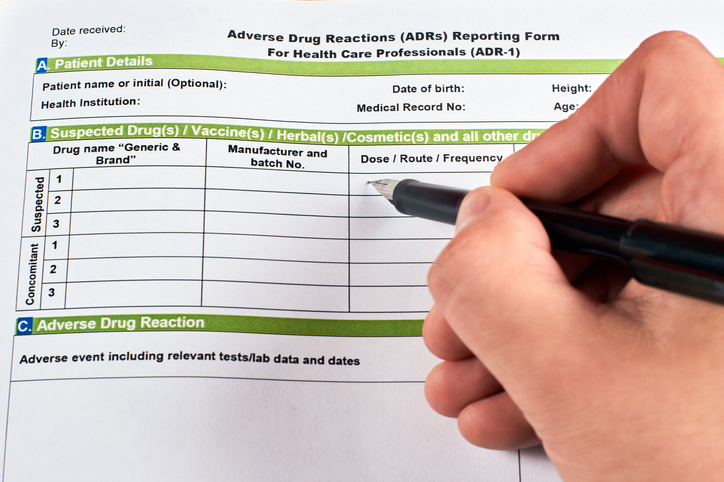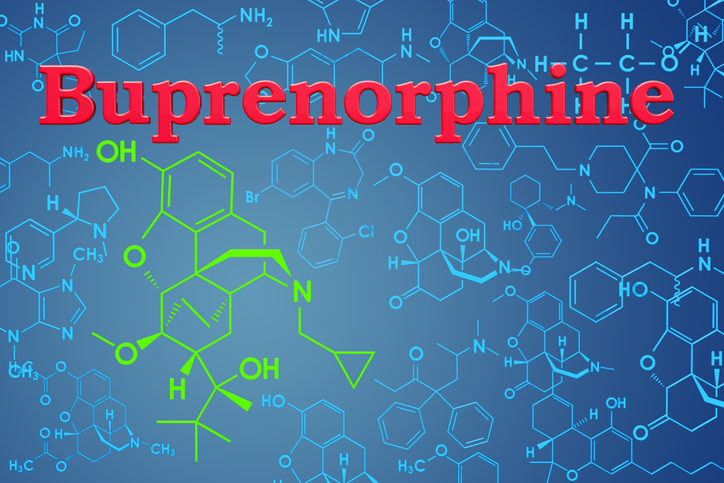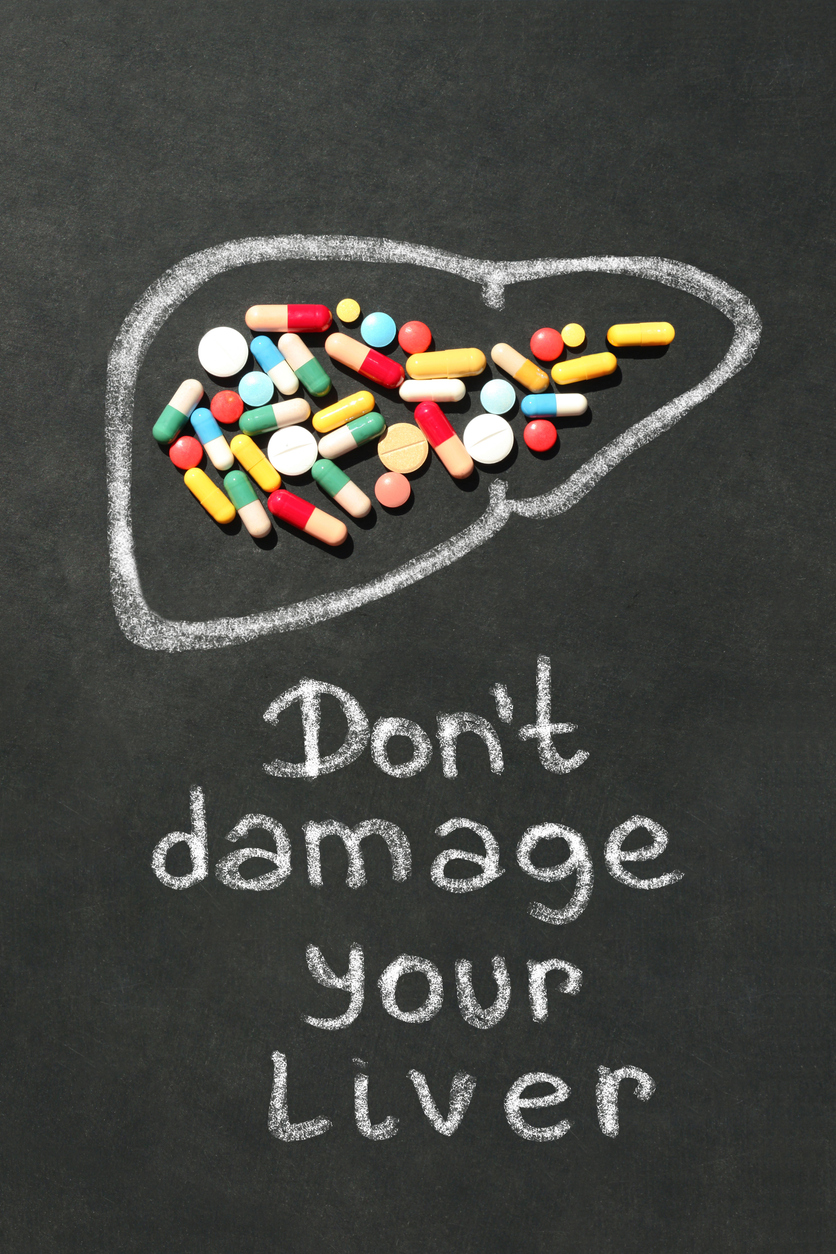Treatments
How to Report Adverse Reactions to Medications

An adverse reaction to a medication is an unintended, negative effect that occurs from taking the drug. Adverse reactions, also known as negative side effects, range from very minor, such as a rash, to serious, such as hospitalization or even death.
Reporting unexpected adverse reactions can help protect public health. Reports help ensure that manufacturers provide the most accurate product information and labeling possible, including warnings of potential adverse reactions. If deemed necessary, the U.S. Food and Drug Administration (FDA) can remove drugs that cause serious adverse reactions from the U.S. market.
Adverse reactions should be reported to the FDA. They can be reported in several ways. For urgent cases that require immediate attention, individuals should phone the FDA emergency number at 1-866-300-4374.
For non-urgent cases, individuals can:
- contact the Consumer Complaint Coordinator for their state.
- utilize the MedWatch: FDA Safety Information and Adverse Event Reporting Program.
- utilize the Safety Reporting Portal.
- complete the Consumer Reporting Form FDA 3500B.
- report by phone at 1-800-FDA-1088.
In Canada, individuals can report adverse reactions through the Health Canada website or mail a report to a Canada Vigilance Regional Office.
Reports should include as much detail as possible, such as the age, sex, and ethnicity of the person affected; the name, manufacturer, and strength of the drug; the name and address of the location where the drug was obtained; and details such as symptoms, medical treatments, and outcomes.
Additional source used to create this article: Health Canada.

















